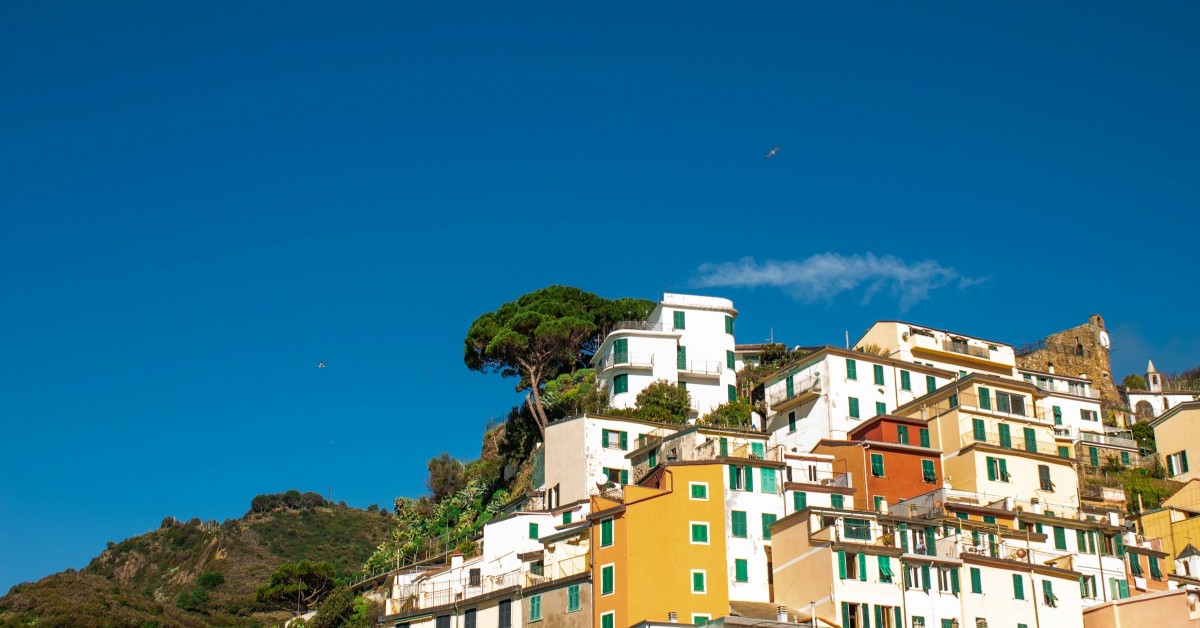
Italy remains one of Europe’s most desirable destinations for property buyers. From elegant city apartments in Florence to rustic farmhouses in Tuscany and coastal homes in Puglia, the Italian property market offers a wide range of opportunities for foreigners in 2025.
This guide explains everything you need to know about buying property in Italy as a foreigner — including the buying process step-by-step, taxes, financing, where to buy, and what to expect after completion.
- Can foreigners buy property in Italy in 2025?
- Italian property market overview 2025
- Cheapest places to buy in Italy 2025
- Explore properties in Italy
- Buying property in Italy as a foreigner — step-by-step guide
- Get your finances and documents in order
- Find a property and arrange viewings
- Make an offer
- Appoint a solicitor
- Sign the purchase proposal contract (proposta d’acquisto)
- Get a survey
- Appoint a notary (notaio)
- Sign and exchange preliminary contracts (contratto preliminare or compromesso)
- Completion (rogito notarile)
- Can you get a mortgage from an Italian bank as a non-resident?
- Taxes and fees for buying and owning property in Italy
- Can you buy property in Italy and get residency?
- How to find and choose a property in Italy
- What are some of the pitfalls of buying property in Italy?
- After you buy: moving in, insurance and utilities
- Get ready to invest in "la dolce vita"
Can foreigners buy property in Italy in 2025?
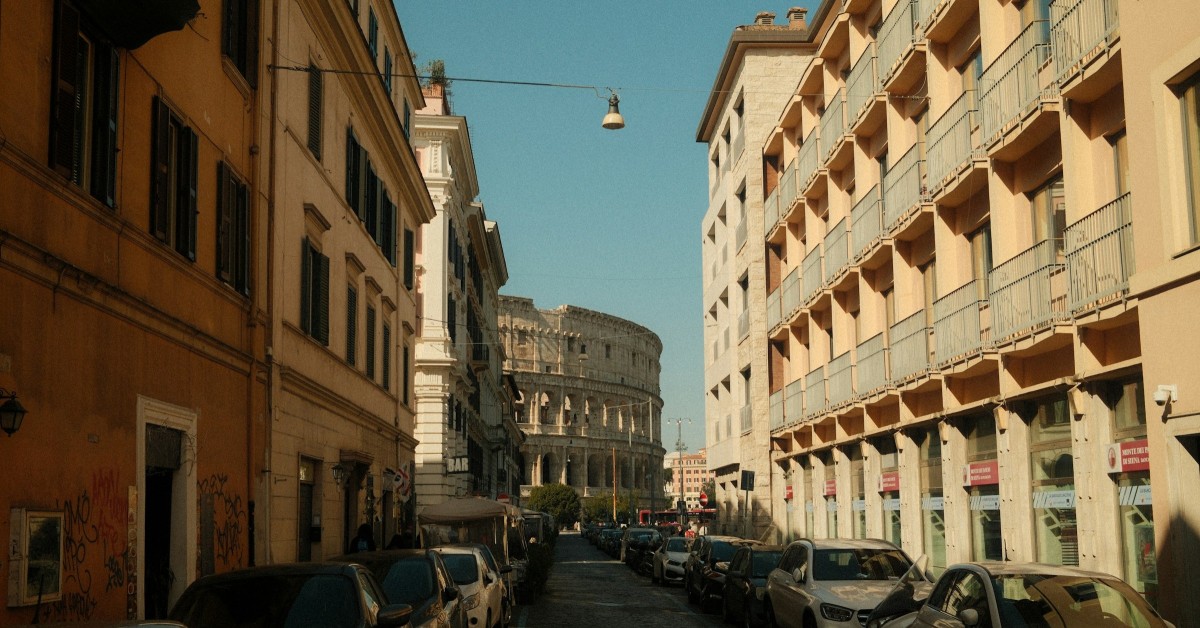
Yes — foreigners can buy property in Italy, and the process is relatively straightforward.
- EU citizens enjoy the same property rights as Italian nationals.
- Non-EU citizens can buy property if their country has a reciprocity agreement with Italy — meaning Italians can also purchase in that country.
- Foreign residents holding a long-term Italian visa or residence permit (such as for work or family reunification) can buy without restrictions.
Before you begin, check the current reciprocity status with your local Italian embassy or the Italian Ministry of Foreign Affairs.
Italian property market overview 2025
The Italian property market is showing steady growth and resilience in 2025, supported by stable demand from both local and international buyers.
- Average asking price: €1,828 per m2 nationally in October 2025 according to the latest idealista price report.
- Highest prices: Tuscany, Liguria, and Trentino-Alto Adige (often over €3,000 per m2).
- Most affordable regions: Calabria, Molise, and parts of Sicily and Puglia, often below €1,000 per m².
Luxury and prime markets such as Lake Como, Florence, and Rome remain strong, while rural and southern regions continue to attract foreign buyers seeking better value.
Cheapest places to buy in Italy 2025
If you’re looking for affordable property in Italy, these regions offer the best value:
- Calabria – Italy’s cheapest region, with prices from €400–€600/m² in smaller inland towns.
- Molise – Largely rural and excellent value, often under €1,000/m².
- Sicily – Around €1,000/m² in most areas, and even lower inland.
- Abruzzo, Le Marche, Umbria – Great for traditional homes at moderate prices, often 30–40% cheaper than Tuscany.
These areas combine low entry prices with authentic Italian lifestyles, beautiful scenery, and growing tourism potential.
Explore properties in Italy
Ready to start searching for your ideal home in Italy? Browse thousands of listings for sale or rent on idealista Italy. Whether you’re looking for a countryside villa, a stylish city apartment, or a seaside home on the Amalfi Coast, idealista offers one of the most comprehensive selections of properties across the country:
From the historic charm of Florence and Rome to the relaxed coastal lifestyle of Sicily and Puglia, idealista helps you find the right home in every corner of Italy.
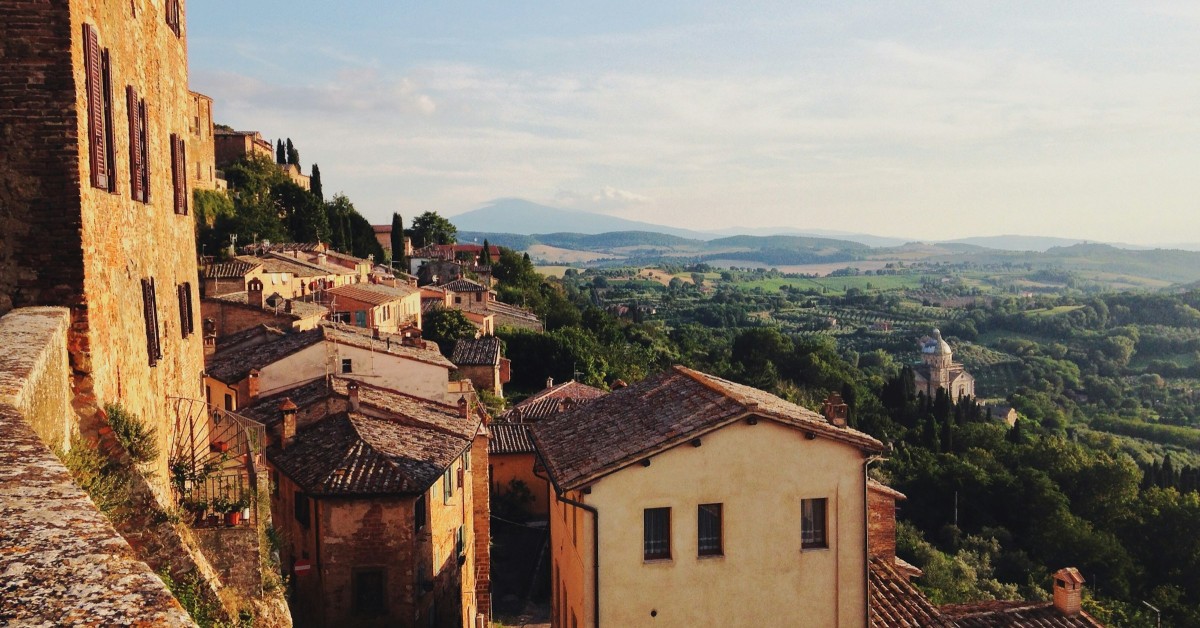
Buying property in Italy as a foreigner — step-by-step guide
Get your finances and documents in order
Before starting your search, prepare your finances and paperwork. You’ll need:
- Proof of funds or mortgage pre-approval.
- A valid passport or ID.
- A codice fiscale (Italian tax code) — required for any financial transaction.
- An Italian bank account (recommended for easier payments).
Find a property and arrange viewings
Browse listings on portals such as idealista, and contact licensed estate agents (agenti immobiliari). They can help arrange viewings and guide you through regional market specifics.
Make an offer
Once you find a suitable property, you’ll make a written offer (proposta d’acquisto) with a small deposit to secure the sale.
Appoint a solicitor
Hire an independent bilingual lawyer experienced in Italian real estate law. Avoid using a solicitor recommended solely by the seller or agent to ensure your interests are protected.
Sign the purchase proposal contract (proposta d’acquisto)
This preliminary agreement states your intent to buy and outlines key terms such as price, deposit, and timescales.
Get a survey
Before committing, hire a geometra (Italian surveyor) to inspect the property. They check the building’s condition, land registry details, and confirm that all renovations and extensions comply with planning regulations.
Appoint a notary (notaio)
The notary is a neutral legal official who ensures the sale complies with Italian law. They verify ownership, confirm there are no debts, and register the property transfer.
Sign and exchange preliminary contracts (contratto preliminare or compromesso)
This legally binding contract defines the sale price, completion date, and payment terms. A deposit of 10–30% is typically paid at this stage.
Completion (rogito notarile)
The final deed is signed before the notary, the balance is paid, and you officially become the legal owner. The notary then registers the transaction with the Italian Land Registry (Catasto).
Can you get a mortgage from an Italian bank as a non-resident?
Yes, many Italian banks offer mortgages to foreign buyers.
- Non-residents can usually borrow up to 60–70% of the property value.
- Loan terms range from 10 to 25 years.
- Documents required: proof of income, tax returns, bank statements, and ID.
Using a bilingual mortgage broker familiar with cross-border financing can make the process easier and help you compare rates.
Taxes and fees for buying and owning property in Italy
Besides the purchase price, budget for the following costs:
- Registration tax (imposta di registro) – 2% for a main residence, 9% for a second home.
- Notary fees – Around 1–2.5% of the purchase price.
- Agency commission – Around 3–5%, usually split between buyer and seller.
- Legal and translation fees – Approximately €1,000–€3,000.
- Ongoing annual costs –
- IMU (property tax),
- TARI (waste collection tax),
- utilities and maintenance.
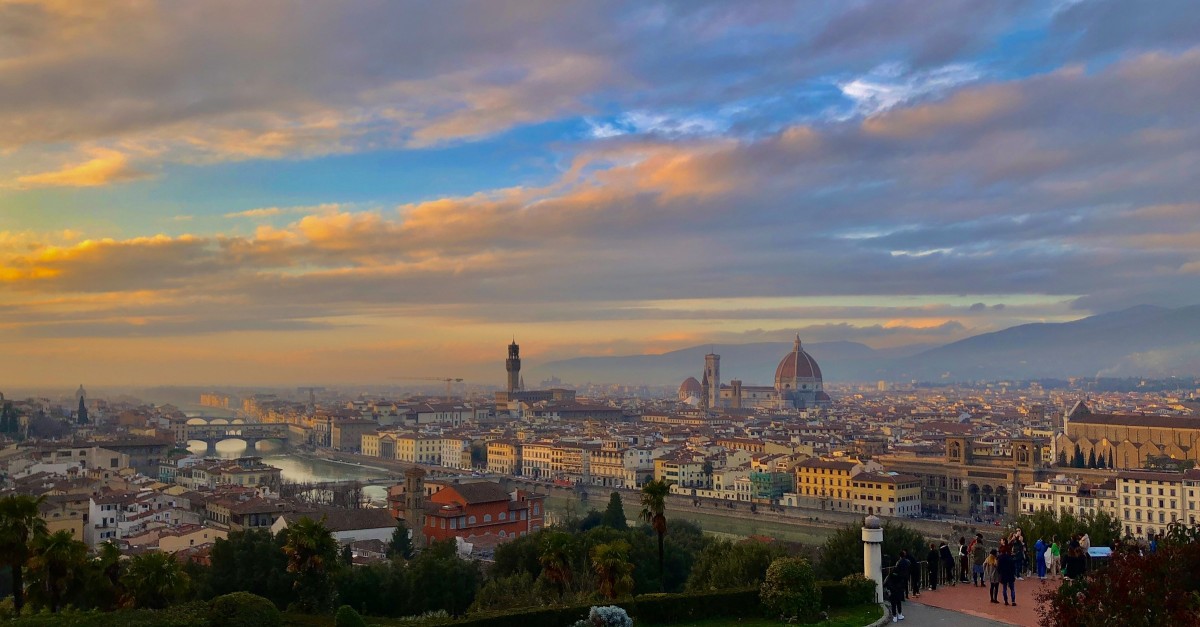
Can you buy property in Italy and get residency?
Owning property in Italy does not automatically grant residency. However, it can strengthen your application for certain visa categories — such as the Elective Residence Visa, aimed at retirees and individuals with independent income who wish to live in Italy long-term.
How to find and choose a property in Italy
Property agencies and agents
Always work with a licensed agent registered with the local Chamber of Commerce (agente immobiliare). They must hold a professional licence number and adhere to Italian property law.
Condition of the property
Many older homes in Italy require renovation. Always confirm:
- Structural condition (via geometra report).
- Planning permissions for past or future works.
- Utility connections (electricity, gas, water).
What are some of the pitfalls of buying property in Italy?
- Unclear ownership or boundaries – Some rural properties have complex inheritance histories.
- Unapproved renovations – Illegal extensions can cause major legal issues.
- Over-reliance on intermediaries – Always have contracts reviewed by your lawyer.
- Unexpected maintenance costs – Particularly for historic or countryside homes.
- Delays in bureaucracy – Italian paperwork can be slow; patience is essential.
Discover our full list of the pros and cons of buying property in Italy.
After you buy: moving in, insurance and utilities
Insurance
Although not mandatory, home insurance is strongly recommended to cover fire, theft, or natural damage.
Setting up utilities
You’ll need to transfer or open accounts for:
- Electricity (ENEL or local provider)
- Gas
- Water (Acquedotto Comunale)
- Internet and waste services
Energy efficiency renovations
Italy offers eco-bonus incentives for improving insulation, heating, and solar systems. These can reduce renovation costs and increase long-term property value.
Get ready to invest in "la dolce vita"
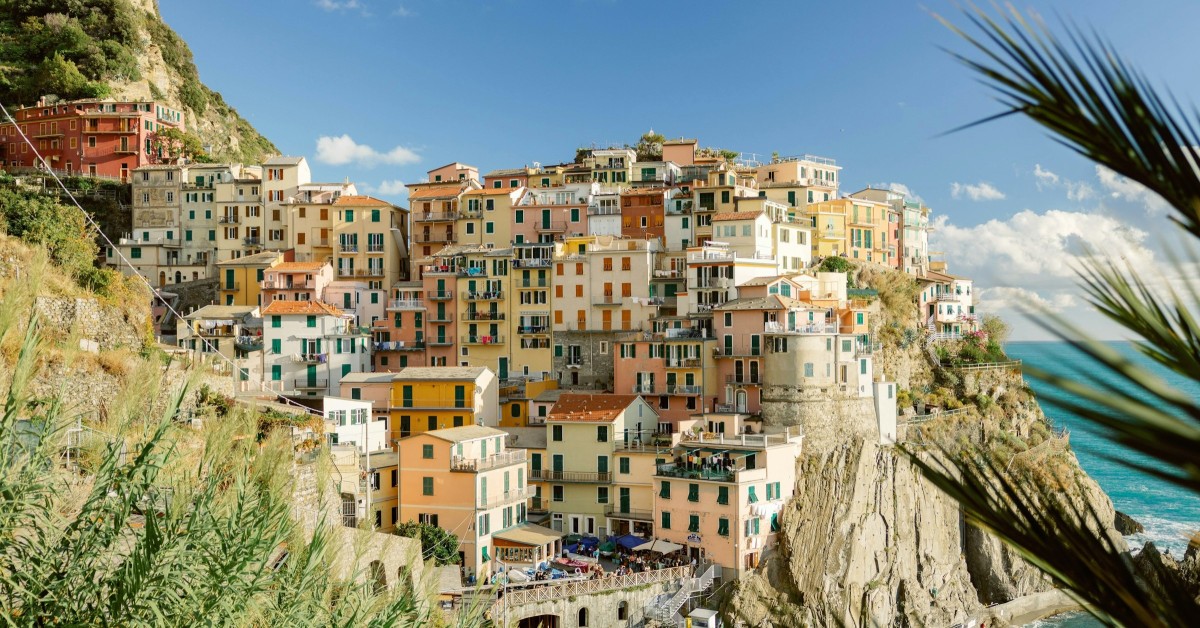
Buying property in Italy as a foreigner in 2025 remains a rewarding and accessible goal. With careful planning, professional guidance, and due diligence, you can confidently invest in your own piece of la dolce vita — whether it’s a lakeside villa in Lombardy, a traditional home in Puglia, or a sunny apartment in Sicily.a
